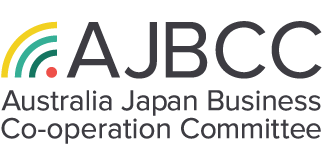26 Mar Japanese Corporates Retained Earnings: Implications
At the recent Australian Japan Economic Intelligence seminar in Sydney, Tatsuo Yamasaki, Vice Minister for Finance for International Affairs, Japan’s Ministry of Finance who came to Sydney especially for the meeting produced an interesting slide showing the growth in retained earnings of Japanese corporates. This slide shows that as at March 2014 the value was 328 trillion Japanese yen (about AUD 3.5 trillion). It is not surprising that after the bubble in 1989, which saw a massive decline in real estate asset values in Japan, the corporate sector embarked on a long journey of deleveraging in what respected Nomura Securities economist Richard Koo labeled a “balance sheet recession”. As a result, executives eschewed debt and followed risk averse strategies. The appetite for saving continued strongly from 2000 and the graph shows that even during a minor adjustment during the Global Financial Crisis, the upward trend has continued unabated. Examining the liability side of the corporate sector balance sheets, analysis by the IMF confirms that Japanese companies (nonfinancial sector firms) “cash holdings relative to debt have grown dramatically in the past decade.” In the current cycle, despite the depreciation of the yen, overseas investment opportunities are more likely to be attractive than domestic based investment. This seems to be borne out by Japan’s increasing appetite for global M&A.



